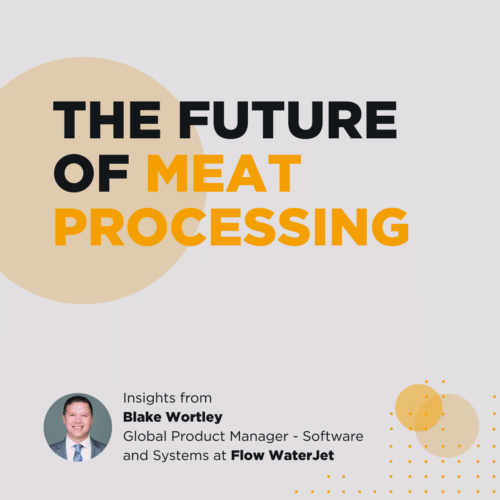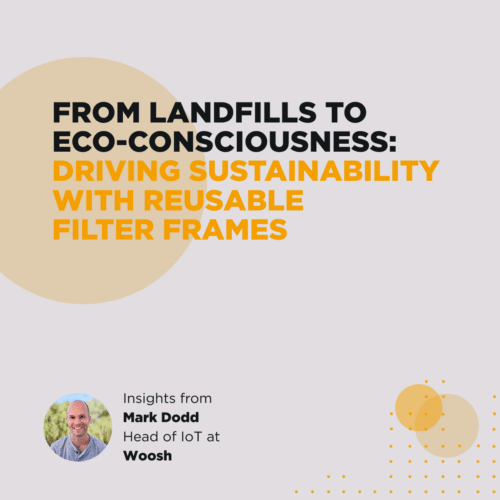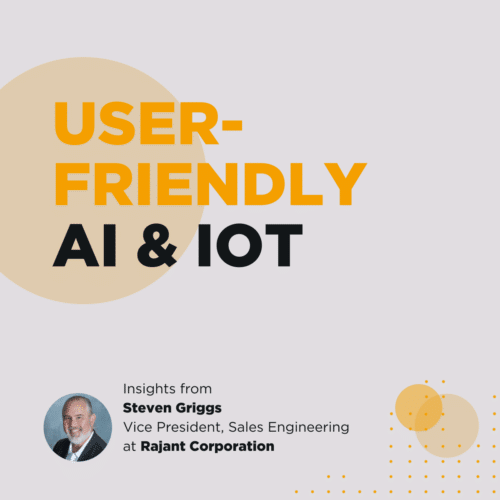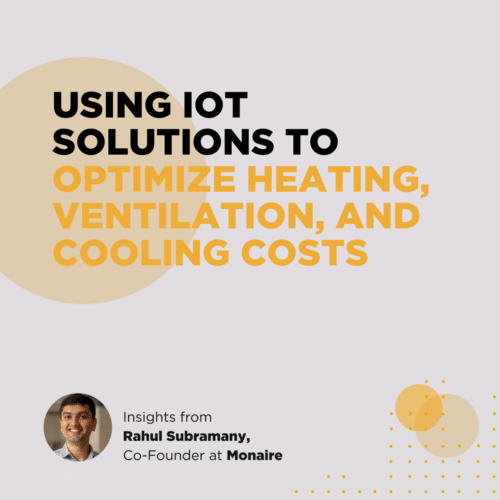Podcast
Episode 8: IoT Data: Using Smart Tech to Outsmart Analog Competitors
June 22, 2021
48 minutes
IoT Data: Using Smart Tech to Outsmart Analog Competitors
IoT data can have a profound impact on the quality of your product. But don’t stop there. It can also potentially improve every single aspect of your business.
In this episode, Sean Grundy, Co-Founder & CEO of Bevi, joins the show to explain how IoT data guides his business and sets the Bevi brand apart from the competition.
Topics that we covered:
- Using IoT data to inform decision making
- Hardware mistakes and lessons learned
- Tips for entering a contract manufacturer relationship
- Thoughts on core competencies and outsourcing
This post is based on a podcast episode with Ryan Prosser, Luke Wilhelm, and Sean Grundy. To hear more interviews like this one, subscribe to Over the Air wherever you listen to podcasts.
IoT in the Beverage Industry
“When we first started the business, our whole goal was to make sustainable beverage machines, and we were purely thinking about the hardware,” Sean says. “But within probably six months of incorporating, we realized why having internet connectivity would be critical to our business model.”
Traditionally, competitors had a route system where every two weeks they physically traveled to the machine to see what needed to be replaced and made a second trip afterwards to replace it.
For a company with sustainability in mind, that process was a non-starter.
By including IoT in the design, they were able to remotely monitor supply which allowed them to reduce the amount of trips — and thus fuel — needed to keep machines fully stocked and functional.
Using IoT to Run the Business
Over time, they realized they were just scratching the surface of what IoT could offer and began to seek out other benefits.
For example, they used customer service calls to remotely check whether machines were working properly. Additionally, within the sales department, they were able to monitor usage remotely and personalize sales strategies for each customer.
On the quality side, IoT eventually allowed them to develop features that could proactively address problems in the machine before they even occurred. That data was then shared with the manufacturing team so they could continually improve the product.
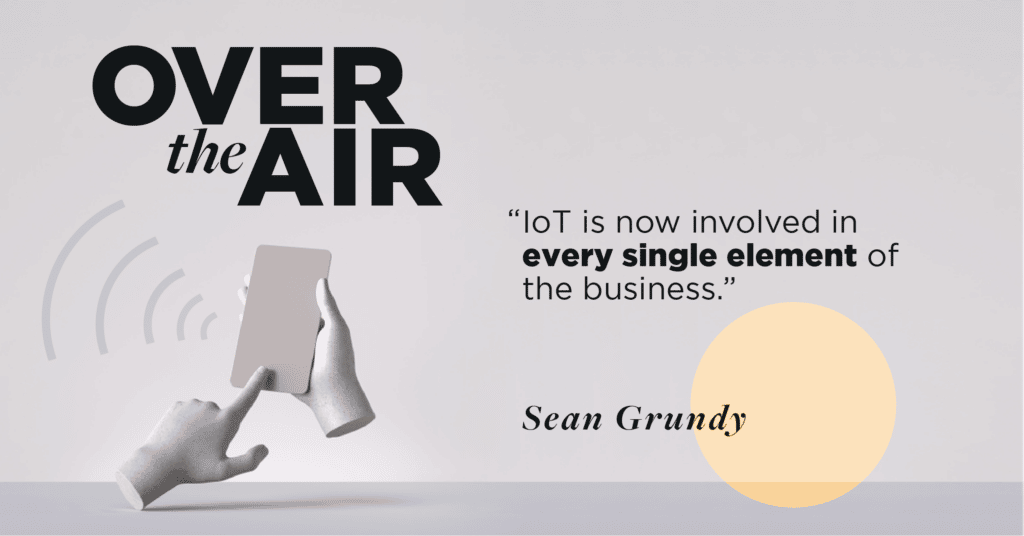
Lessons Learned From Hardware Missteps
In developing the hardware for Bevi, Sean’s team learned a few important lessons.
Forecasting cost
First off, they learned that forecasting cost is extremely difficult.
Sean’s advice for others is to plan for the higher estimate, rather than the lower end of the scale, so that you’re prepared for any worst-case scenarios.
Invest in quality from day one
Secondly, they learned the importance of investing in quality early on.
Sean and his team made the mistake of waiting too long to document failure modes and share the data with their contract manufacturers and suppliers. Consequently, they weren’t as effective in diagnosing issues.
Sean’s recommendation: invest in your feedback loop early on so that you can take full advantage of connecting lessons learned back to the product development life cycle.
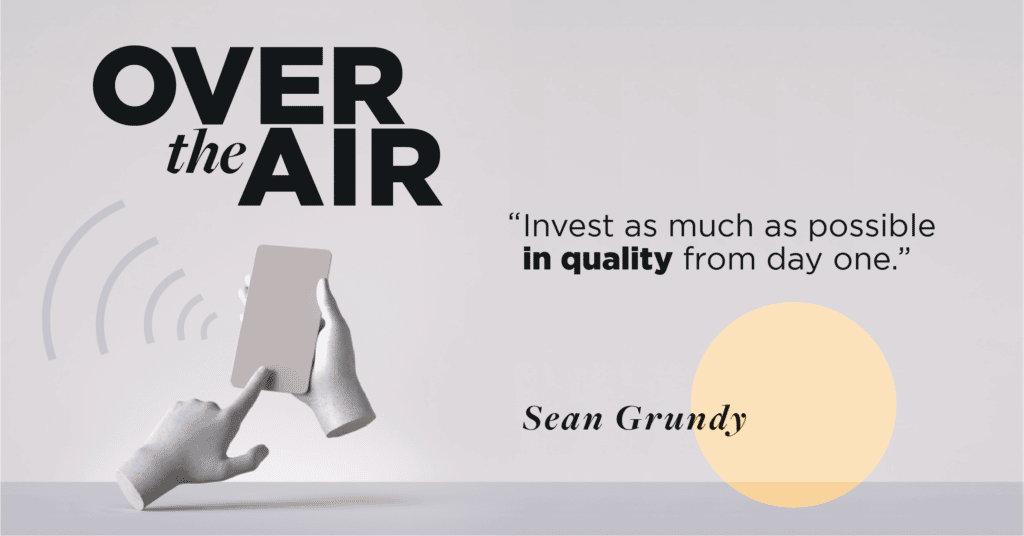
2 Tips for Navigating the Contract Manufacturer Relationship
Speaking of contract manufacturers, Sean has two tips for managing that relationship.
- When searching for a contract manufacturer, hire someone to lead the search who has done it before.
- When evaluating potential partners, aim to be a big fish in a small pond.
Let’s get into the why behind those tips.
Company Size
The size of your company plays an important role in choosing the right partner. If you work in a large company that spends millions of dollars manufacturing products, you’ll have contract manufacturers begging to work with you. If you’re one of those lucky ones, the process of selection is all about reviewing proposals and deciding which partner is the right fit.
But if you’re a startup, you probably have little to no revenue. Keeping that in mind, contract manufacturers would be taking a pretty significant risk to work with you. So, the process involves selling them on why you’d make a valuable investment.
That’s why it’s important for the person heading up the contract manufacturer search to have experience working with startups.
Share of Support
The reason why it’s better to be a big fish in a small pond with regards to contract manufacturers lies in the fact that you’ll get more attention if you take up a larger share of their business.
If you share a contract manufacturer with, say, Apple, guess who’s going to get the lion’s share of support and attention.
Core Competencies vs Outsourcing
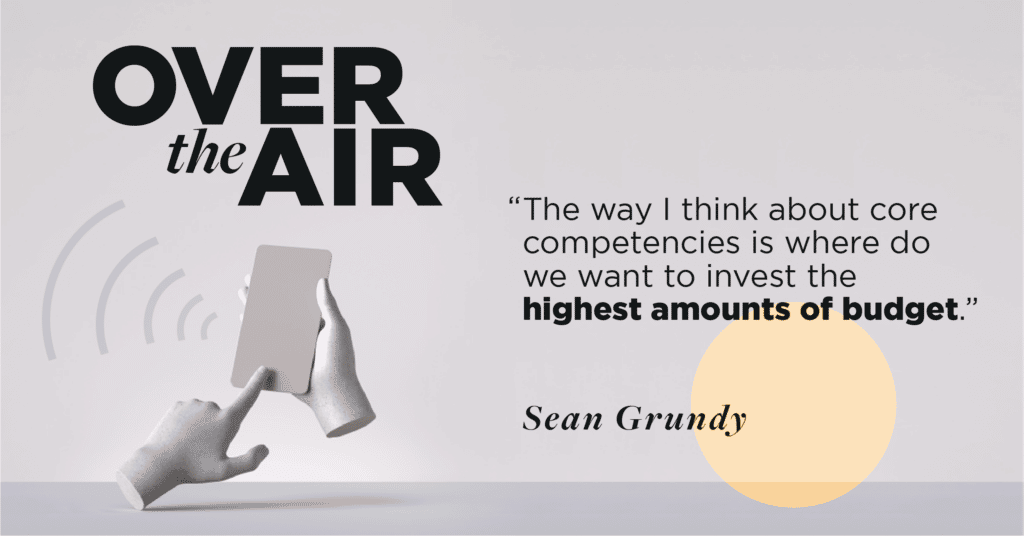
At the outset, Sean and his team did nearly everything themselves. But as time went on, it became clear that they would need to start outsourcing certain functions to external partners.
“That’s where we had to get serious about core competencies,” says Sean. “If we’re going to invest like 20-30% of our company budget in one area, that better be our own core competency.”
Besides thinking about core competencies from a budget mindset, Sean also thinks about it from the perspective of iteration frequency.
If it’s something that’s going to be a one-off design that isn’t heavily integrated into the rest of what their team is doing, Sean believes those functions are great candidates for outsourcing.
“If it’s something that requires tons of ongoing iteration,” he says, “it makes sense for us to own it just because of the frequency of iteration and the level of interaction with our other development work.”
Design and Brand
One major area that remains a core competency for Sean and his team is brand — but not in the way that most companies look at it. Bevi doesn’t really invest in advertising. What they do invest in is the quality of the user experience itself and that’s what they are building their brand around.
“Essentially what we’re trying to do,” says Sean, “is really create this product that’s best in class — that just relies on excellent engineering — and build a brand around it because it becomes extremely difficult to imitate unless you can outdo our years of engineering.”
IoT data plays a major role in making that a reality.
Reach out to Sean on LinkedIn or at [email protected].
For more insights into connected devices, subscribe to Over the Air wherever you listen to podcasts.

Hosted by: Ryan Prosser
CEO at Very
As Very's CEO, Ryan collaborates daily with product, sales, and marketing to deliver the IoT solutions our clients look for. He is also a champion for our culture, fostering transparency and efficiency across our distributed team.

